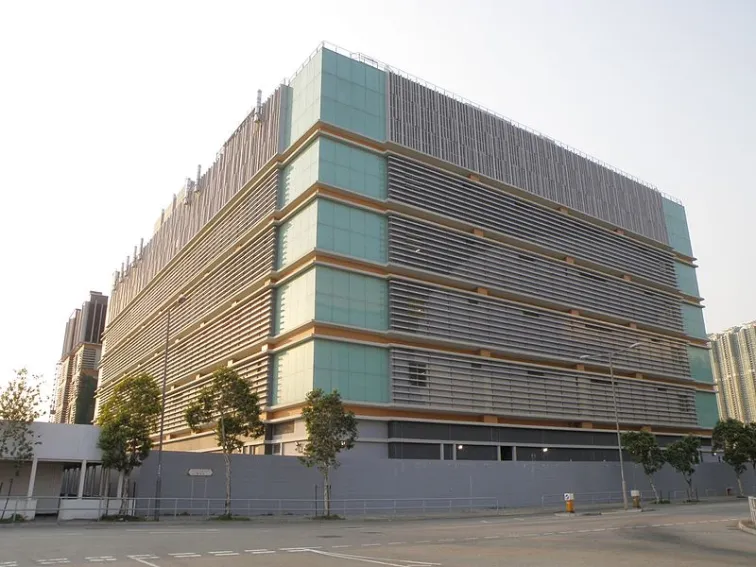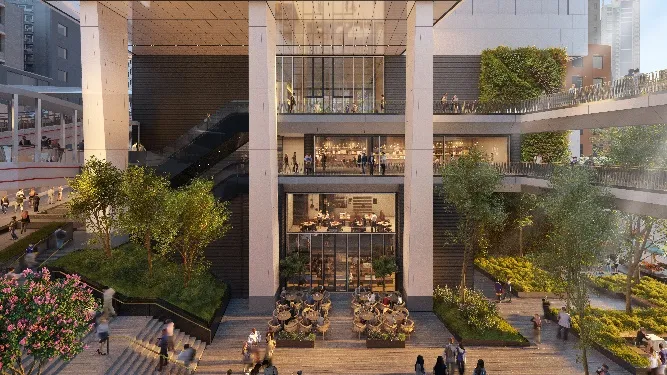
High-end tech occupiers displace traditional warehouse tenants in Q3
These include data centres which have been stepping up leasing activity.
With demand from trading companies and 3PLs poised to take a hit from escalating trade tensions between the US and China, high-value industrial occupiers are picking up the slack as they ramp up leasing activity in their stead, according to real estate consultant CBRE.
Also read: Trade tensions could slash H2 commercial and industrial property deals by 12%
Hong Kong’s up and coming industrial growth drivers in Q3 includes data centres, healthcare companies, F&B and cold storage providers, noted CBRE. In fact, sales or leasing activity of data centres has been on a roll in 2018 which have brought the total area of purchased or leased to 2.6 million sq ft.
This includes Singapore data centre operator AirTrunk which leased 187,000 sq ft warehouse in Tsing Yi for its first Hong Kong location and the tender for 1.2 million sq ft data centre site Wan Po Road in Tseung Kwan O which is set to be the SAR’s largest data centre development.
Chinese data centre operator GDS Services also acquired the CS Logistics Centre in Kwai Chung for $770m with plans to develop it into a 195,000 sq ft data centre.
Healthcare service firms also made their presence known in Q3 with Zuellig Pharma relocating and expanding from 90,000 sq ft to 144,000 sq ft in Hutchison Logistics Centre in Kwai Chung. Other notable deals include Classified which assumed 120,000 sq ft in the same building and a cold-chain logistics provider which leased 300,000 sq ft in China Merchants Logistics Centre in Tsing Yi.
The strong level of demand from these up-and-rising tenants caused overall vacancy rates to tighten to a near three year low from 5% to 2.9% in Q3. “Amidst ultra low vacancy and numerous redevelopment projects, overall warehouse rents surged by 1.5% q-o-q marking the strongest quarterly growth since Q4 2014,” the firm said in a report. “Rental growth was mostly driven by the 1.7% q-o-q increment recorded for cargo-lift access facilities whilst ramp-access space enjoyed growth of 1.3% q-oq.”
Although the space requirements of alternative sectors will drive leasing demand for industrial space in the short-term, the protracted dispute may result in heightening uncertainty which could be the sector's undoing. “Whilst a slowdown in manufacturing activity would have a negligible impact on Hong Kong industrial sector as it accounts for less than 8% of total industrial occupancy, any substantial contraction in trade and logistics demand would severely impact the market as over 40% of space is used for storage,” added CBRE.
Photo from Exploringlife - Own work, CC BY-SA 4.0



















 Advertise
Advertise







